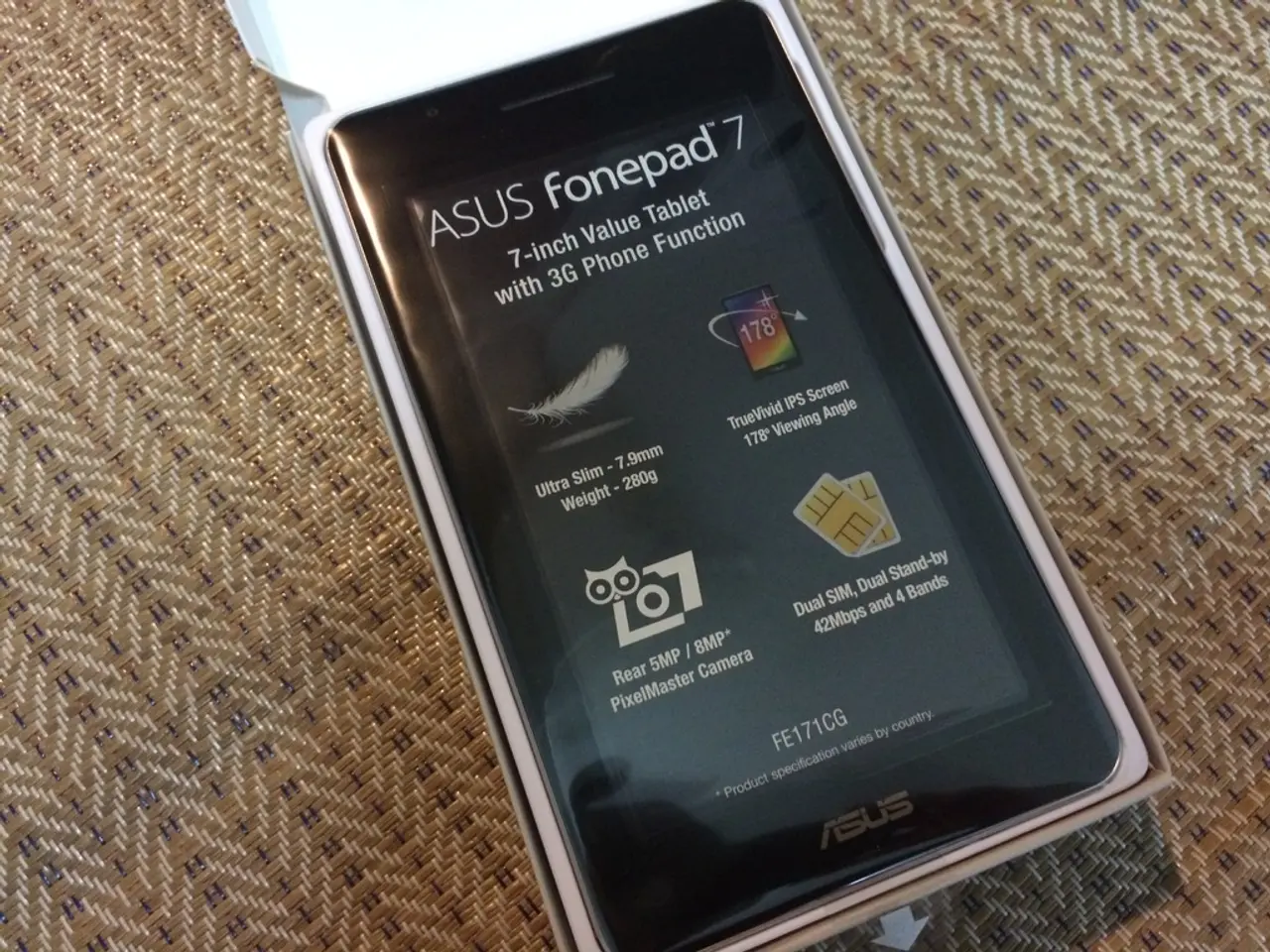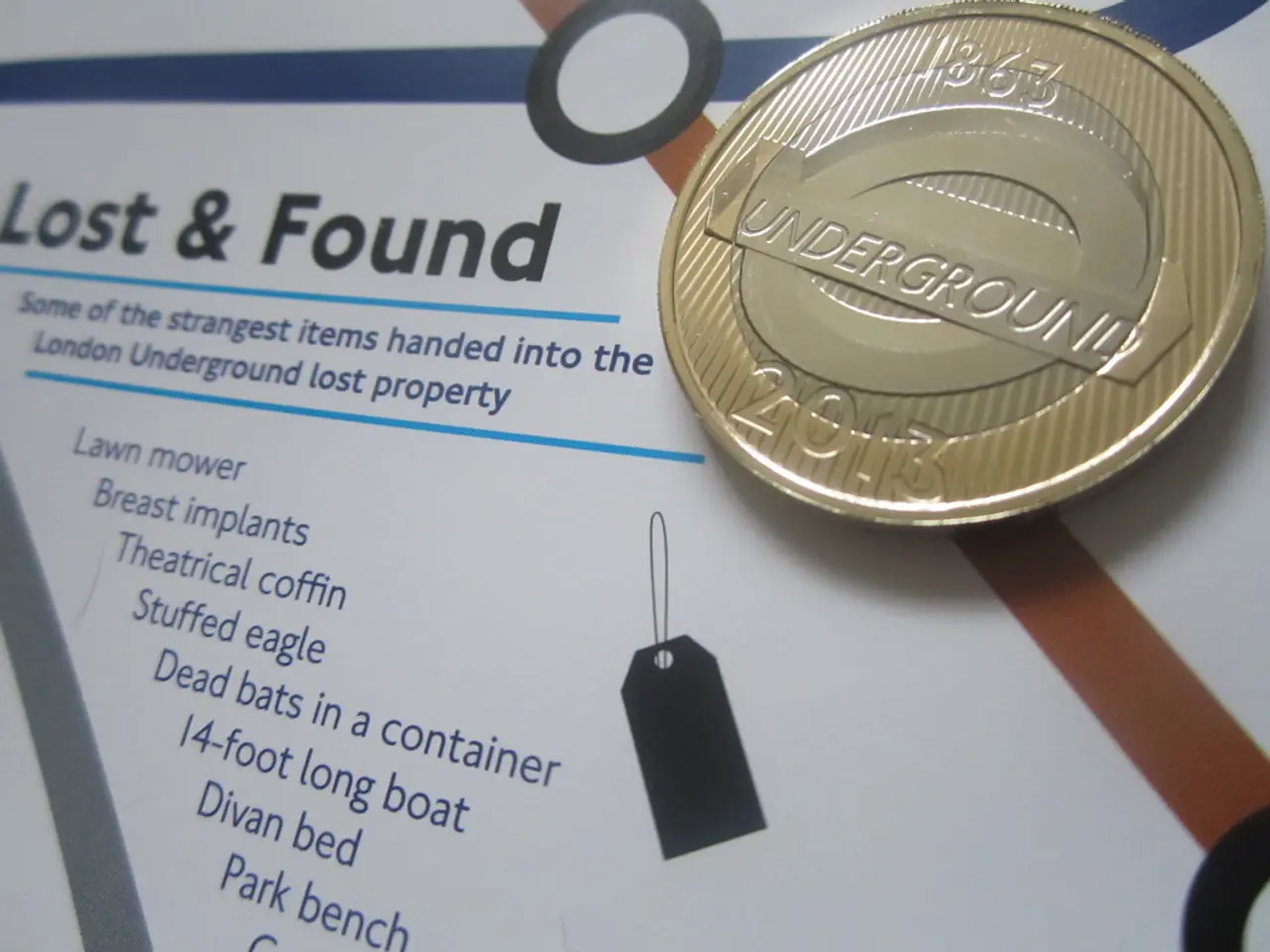Potential Issue with Battlefield 6's Secure Boot anti-cheat measure may impede Steam Deck compatibility
Battlefield 6, the latest instalment in the popular first-person shooter series, has stirred up a debate among gamers, particularly those using Linux environments. The game's anti-cheat system, Javelin, is at the heart of this controversy, as it requires Secure Boot support, a feature not commonly found in Linux systems.
Javelin, EA's latest iteration of its anti-cheat system, is allegedly the most successful anti-cheat system to date for the company. Since its introduction into Battlefield 2042 last fall, EA claims match infection rates have been cut in half. The system boasts a 99% accurate rate when banning cheaters.
However, the Secure Boot requirement may prevent the game from working on Linux emulators like Proton. Proton, a compatibility layer developed by Valve, has no Secure Boot emulation, and there's little chance Javelin would work in Linux without it. This poses a significant challenge for Linux gamers, including those planning to use the Steam Deck.
Valorant, another game known for its kernel-level anti-cheat system, also enforces Secure Boot and TPM 2.0 requirements. Both titles face compatibility issues with Linux environments due to these anti-cheat systems mandating Secure Boot and kernel-level operations that Proton cannot emulate.
Other game publishers are following Valorant's lead in implementing kernel-level anti-cheat systems with Secure Boot and TPM 2.0 requirements. Easy Anti-Cheat (EAC) and BattlEye are examples of such systems. While these systems do not universally require Secure Boot, their implementation on Linux systems is often limited or non-existent.
The community feedback on Secure Boot requirements for anti-cheat systems is generally negative. Secure Boot is not easily supported or emulated in Linux environments, severely impacting Proton compatibility and thus Steam Deck support.
Despite these challenges, EA continues to invest in Javelin, backing it up with an army of security and software engineers, as well as a multi-faceted data team. As the gaming landscape evolves, it remains to be seen how these challenges will be addressed and whether other games will follow in the footsteps of Battlefield 6 and Valorant in requiring Secure Boot for their anti-cheat systems.
[1] ProtonDB - Battlefield 2042 [2] ProtonDB - Battlefield 6 [3] Steam Deck Verified - Battlefield 6 [4] Steam Deck Verified - Valorant
- The Secure Boot requirement for anti-cheat systems like Javelin and those used in Valorant poses a challenge for Linux gamers, particularly those planning to use the Steam Deck, as Proton, a compatibility layer developed by Valve, does not support Secure Boot emulation.
- The community feedback on Secure Boot requirements for anti-cheat systems in games, such as Battlefield 6 and Valorant, is predominantly negative due to the limitations it imposes on Proton compatibility and Steam Deck support in Linux environments.




